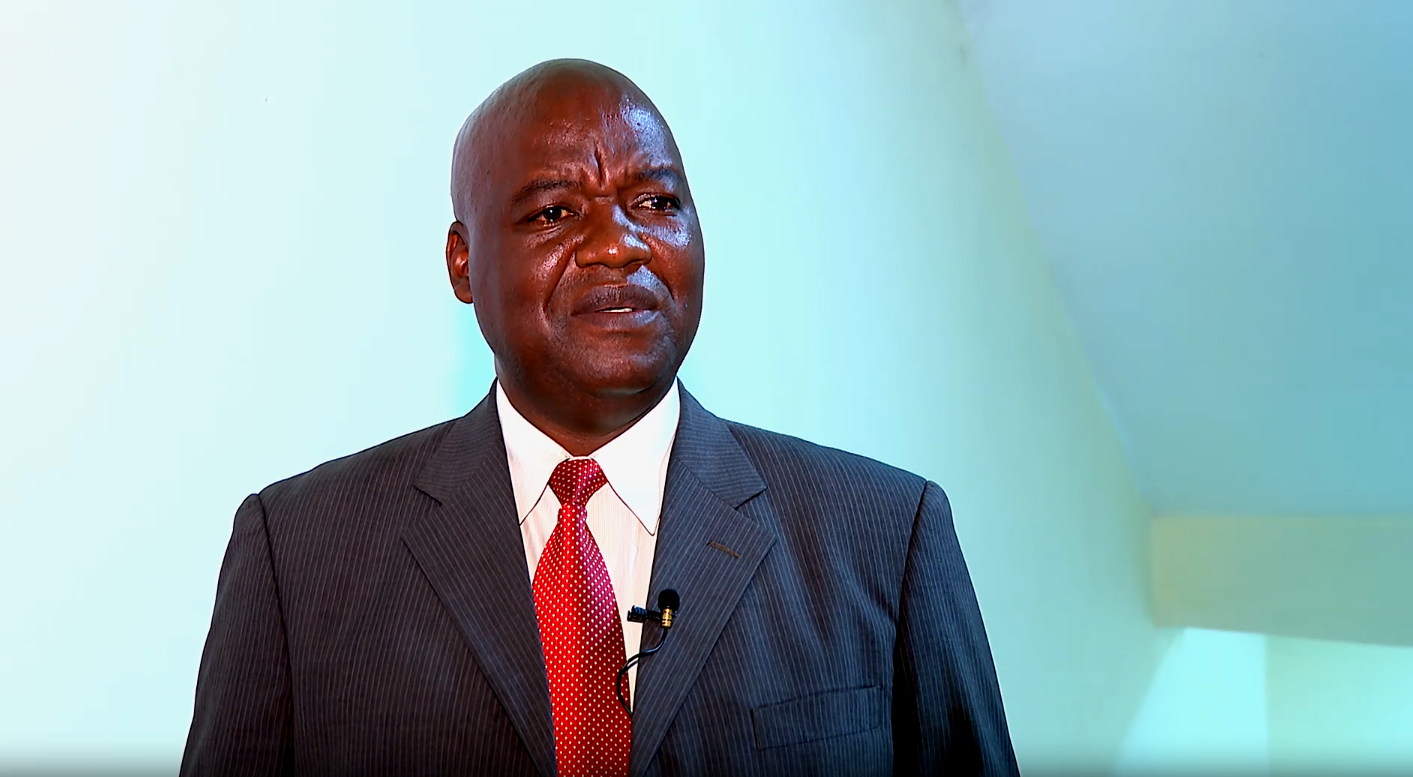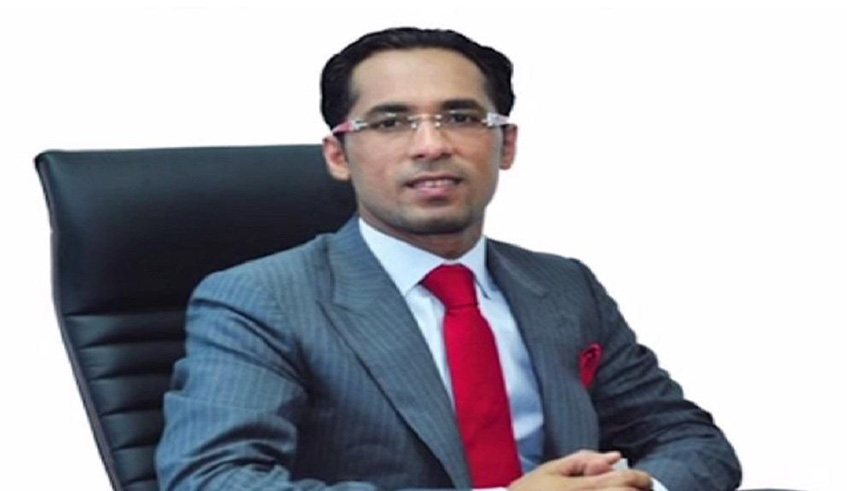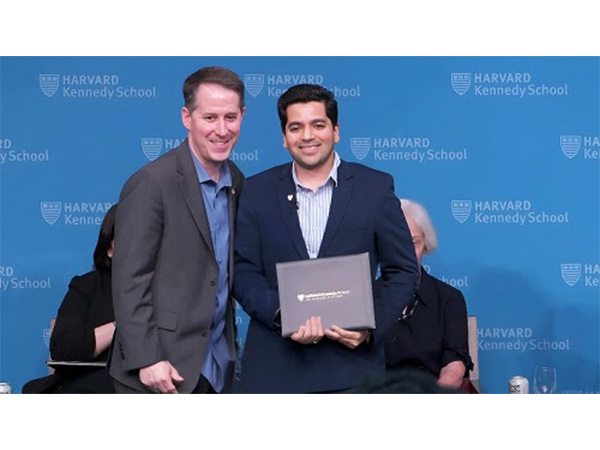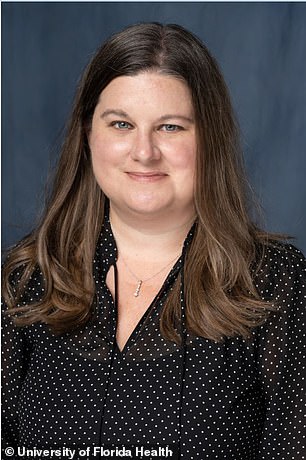
Addis Ababa, July 9, 2025 (ENA) -- The Science Museum in Addis Ababa showcases Africa's excellence, highlighting Ethiopia's leadership. The third Africa Job Creation Forum, held in Addis Ababa, provided significant insights not only for Malawians but also for young people across the continent, according to Kadzamira Boniface, Chairperson of SMEDCO in Malawi.
In conversation with ENA, Kadzamira Boniface, Chairperson of Malawi's Small and Medium Enterprises Development Corporation (SMEDCO), voiced strong appreciation for Ethiopia's capital, emphasizing its significant role in demonstrating Africa's capacity for generating employment.
The third Africa Job Creation Forum, with the theme "Promoting Job Creation and Economic Resilience via Regional Integration, Digital and Financial Inclusion within Agricultural Value Chains in the AfCFTA Market," took place in Addis Ababa from July 7 to 9, 2025.
"This is my first time visiting Ethiopia, particularly in Addis Ababa. Previous visits were only brief; however, this is the first time I'm truly experiencing the city," Kadzamira said.
The chairperson referred to the city as "remarkable," highlighting its beauty, cleanliness, and energy, which exceeded his expectations. "In my view, it doesn't look like an African city. It's beautiful, clean, and I am completely impressed, as I never expected to see something like this. It's truly amazing."
He was equally touched by the kindness and generosity of the Ethiopian people.
"The standard of hospitality has been outstanding. It feels like home, almost like a second home." He shared his appreciation for the Addis Ababa Science Museum.
We are completely astonished. It went beyond what we anticipated. It's hard to describe. This encounter has been truly extraordinary for me, and I think for everyone who visited that science museum.
He mentioned that his trip to the Science Museum in Addis Ababa created a long-lasting impression, enhancing his admiration for Ethiopia's mix of historical importance and contemporary progress.
"You have demonstrated the potential of Africa, establishing yourself as a pioneer in this area. The Science Museum was incredible. It symbolizes the excellence of Africa," he said.
In the meantime, the chairman of SMEDCO in Malawi also stated that the 3rd Africa Job Creation Forum aligned closely with his objectives in the country.
He characterized the forum as "a distinctive chance to gain important perspectives not only for Malawians, but for African young people in general."
The gathering played a key role in promoting education and teamwork, he mentioned.
"The Forum has provided a valuable learning experience. I believe we will return to our countries with renewed energy. We are prepared to share the knowledge we have acquired here with our communities," explained the chairperson of SMEDCO.
He added that the key lessons from the conference were the significance of regional cooperation, sharing of technology, and supporting women and young people in business ventures.
The findings will significantly support SMEDCO's initiatives to foster small and medium-sized businesses in Malawi, with an increased emphasis on local skills and equitable development.
In conclusion, Kadzamira conveyed hope for Africa's future, highlighting Ethiopia's rise as a hub of innovation and an example of intentional development, independence, and regional collaboration.
The insights acquired in Addis Ababa are anticipated to influence Malawi's economic plan, emphasizing empowerment and technological progress for a more prosperous future, he mentioned.





 "Each investment is a risk," and Chinese factories are experiencing "significant losses" by manufacturing in Southeast Asian countries subjected to Trump's tariffs, as reported by industry experts.
"Each investment is a risk," and Chinese factories are experiencing "significant losses" by manufacturing in Southeast Asian countries subjected to Trump's tariffs, as reported by industry experts.



 Dar es Salaam. Tanzania is being encouraged to implement deliberate economic policies aimed at creating dollar billionaires and enhancing its global economic influence. According to a new wealth report, the country currently has only one dollar billionaire and a limited number of high-net-worth individuals. The Africa Wealth Report 2023 indicates that Tanzania has 2,400 individuals with a net worth exceeding $1 million. Out of these, only six have assets above $100 million, while the country has just one billionaire despite being the second-largest economy in East Africa. Also read: 435 Tanzanians join the billionaires' club - The Citizen Tanzania While the number of millionaires has risen by 20 percent over the past decade, economists believe this figure could be much higher if the country had strategic policies to support fast-growing local investors capable of expanding into international markets. "The government could significantly boost some of our wealthy entrepreneurs by matching or even partially matching their capital. That alone could reduce our reliance on imports," said Dar es Salaam-based entrepreneur Amina Salum. Experts cite the United States and China as examples of countries that have used state support to create global economic powerhouses. In 2024 alone, the US government allocated over $180 billion in subsidies to domestic companies. Firms such as Boeing, Intel, Amazon and Tesla have benefited from subsidies, tax exemptions and government-backed loans to support research, manufacturing and exports. Such policies have enabled the US to remain a global tech leader, create millions of jobs and use multinational corporations as ambassadors of national influence. China, through institutions like the China Development Bank, has extended low-interest loans and subsidies to companies such as CCCC and China Railway Engineering Corporation, enabling them to execute infrastructure projects across Africa and Asia. Backed by their government, these companies have expanded aggressively, securing contracts in many countries, strengthening China’s global economic influence. Level playing field no longer enough Tanzania has long promoted a “level playing field” approach for all businesses. But analysts say this neutral policy risks holding back local firms with the potential to create wealth and export influence. "Tanzania needs a strategy to support businesses that have proven capacity to create jobs, grow exports and increase tax revenues," said Prof Abel Kinyondo, an economist at the University of Dar es Salaam. He said targeted support could include direct financial subsidies, time-limited tax relief to reduce operating costs and credit guarantees to help companies access large-scale capital. "Strategic preferential treatment works. Ethiopia is already applying it in aviation. Their national airline is now among the best in Africa because it enjoys specific government support," he said. Prof Kinyondo emphasized the need for strong oversight and transparency, saying only experienced, high-performing entrepreneurs should be considered for such support. Another economist, Prof Dickson Pastory of the College of Business Education, said empowering local investors can also enhance national security by reducing dependency on external suppliers for essential goods. "For crucial sectors, supporting domestic production guarantees supply. It also improves Tanzania’s competitiveness in the global economy," he said. While financial subsidies may be challenging for developing countries, Prof Pastory said tax exemptions could achieve similar results. "Reducing tax burdens allows businesses to expand and create more jobs, ultimately boosting national GDP," he noted. BoT support mechanisms already in place The Bank of Tanzania (BoT) has on several occasions expressed willingness to support local businesses through the Export Credit Guarantee Scheme (ECGS) and the SME Credit Guarantee Scheme (SME-CGS). These aim to help private-sector players with bankable projects access financing even when they lack sufficient collateral. In June 2023, at the height of the dollar shortage, BoT governor Emmanuel Tutuba said the central bank had taken steps to encourage domestic production and promote import substitution. He said the BoT board had visited several strategic sites to assess opportunities to boost exports and foreign exchange earnings. "We wanted to know what investors need to scale up production and exports, especially in terms of financial support." Provided by SyndiGate Media Inc. (Syndigate.info).
Dar es Salaam. Tanzania is being encouraged to implement deliberate economic policies aimed at creating dollar billionaires and enhancing its global economic influence. According to a new wealth report, the country currently has only one dollar billionaire and a limited number of high-net-worth individuals. The Africa Wealth Report 2023 indicates that Tanzania has 2,400 individuals with a net worth exceeding $1 million. Out of these, only six have assets above $100 million, while the country has just one billionaire despite being the second-largest economy in East Africa. Also read: 435 Tanzanians join the billionaires' club - The Citizen Tanzania While the number of millionaires has risen by 20 percent over the past decade, economists believe this figure could be much higher if the country had strategic policies to support fast-growing local investors capable of expanding into international markets. "The government could significantly boost some of our wealthy entrepreneurs by matching or even partially matching their capital. That alone could reduce our reliance on imports," said Dar es Salaam-based entrepreneur Amina Salum. Experts cite the United States and China as examples of countries that have used state support to create global economic powerhouses. In 2024 alone, the US government allocated over $180 billion in subsidies to domestic companies. Firms such as Boeing, Intel, Amazon and Tesla have benefited from subsidies, tax exemptions and government-backed loans to support research, manufacturing and exports. Such policies have enabled the US to remain a global tech leader, create millions of jobs and use multinational corporations as ambassadors of national influence. China, through institutions like the China Development Bank, has extended low-interest loans and subsidies to companies such as CCCC and China Railway Engineering Corporation, enabling them to execute infrastructure projects across Africa and Asia. Backed by their government, these companies have expanded aggressively, securing contracts in many countries, strengthening China’s global economic influence. Level playing field no longer enough Tanzania has long promoted a “level playing field” approach for all businesses. But analysts say this neutral policy risks holding back local firms with the potential to create wealth and export influence. "Tanzania needs a strategy to support businesses that have proven capacity to create jobs, grow exports and increase tax revenues," said Prof Abel Kinyondo, an economist at the University of Dar es Salaam. He said targeted support could include direct financial subsidies, time-limited tax relief to reduce operating costs and credit guarantees to help companies access large-scale capital. "Strategic preferential treatment works. Ethiopia is already applying it in aviation. Their national airline is now among the best in Africa because it enjoys specific government support," he said. Prof Kinyondo emphasized the need for strong oversight and transparency, saying only experienced, high-performing entrepreneurs should be considered for such support. Another economist, Prof Dickson Pastory of the College of Business Education, said empowering local investors can also enhance national security by reducing dependency on external suppliers for essential goods. "For crucial sectors, supporting domestic production guarantees supply. It also improves Tanzania’s competitiveness in the global economy," he said. While financial subsidies may be challenging for developing countries, Prof Pastory said tax exemptions could achieve similar results. "Reducing tax burdens allows businesses to expand and create more jobs, ultimately boosting national GDP," he noted. BoT support mechanisms already in place The Bank of Tanzania (BoT) has on several occasions expressed willingness to support local businesses through the Export Credit Guarantee Scheme (ECGS) and the SME Credit Guarantee Scheme (SME-CGS). These aim to help private-sector players with bankable projects access financing even when they lack sufficient collateral. In June 2023, at the height of the dollar shortage, BoT governor Emmanuel Tutuba said the central bank had taken steps to encourage domestic production and promote import substitution. He said the BoT board had visited several strategic sites to assess opportunities to boost exports and foreign exchange earnings. "We wanted to know what investors need to scale up production and exports, especially in terms of financial support." Provided by SyndiGate Media Inc. (Syndigate.info). Artificial intelligence is set to become "a key driver for China's modernization," according to Huachuang Securities, aligning with the positive perspective of Morgan Stanley, UBS, and other institutions.
Artificial intelligence is set to become "a key driver for China's modernization," according to Huachuang Securities, aligning with the positive perspective of Morgan Stanley, UBS, and other institutions.






